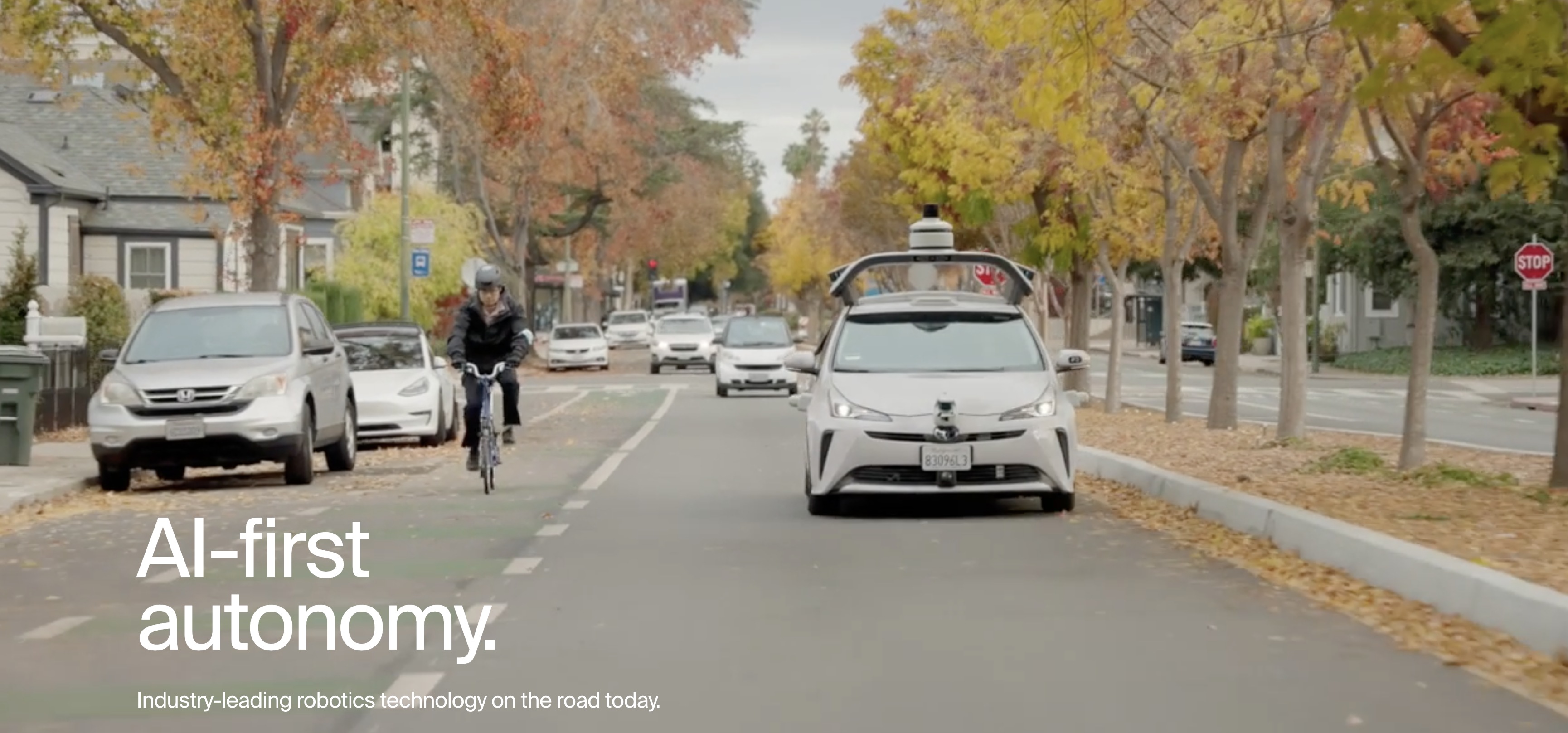Governments worldwide are facing increasing pressure to step up the fight against global warming as almost every corner of the planet battles wildfires, heat waves and other deadly impacts from rising temperatures.
Climate change is set to be at the top of the agenda at the United Nations annual meeting in New York next week. UN Secretary General Antonio Guterres will seek to build momentum before global COP28 climate talks hosted by the United Arab Emirates at the end of November. Even as 2023 is on course to be the hottest year on record, it’s looking more difficult than ever to meet an internationally agreed target to limit global warming to less than 2 degrees Celsius before the end of the century.
The COP28 talks are due to set the direction for how to fight climate change over the rest of the decade, but there’s still a deep divide between developing and developed countries over how to cut greenhouse gas emissions and, more importantly, who should be paying for the transition to greener energy. There was little progress to bridge this gap at the mid-year UN climate conference in Bonn, Germany, with some delegates concerned that a push for more ambition will lead to an impasse at the UAE talks in Dubai.
Here are five things to watch out for in the run-up to this year’s climate gathering:
A checkup on Paris goals
At the UN climate talks in Paris in 2015, countries agreed to the 2C goal and acknowledged the need to strive for 1.5 degrees. Since that pledge a UN-backed panel of climate scientists has warned that the world may be on track to warm by more than 3 degrees Celsius, a level that would painfully remake life on the planet.
This year countries are due to review their progress on meeting the Paris Agreement goals. Often referred to as the stocktake, the review was designed to show every five years how political promises compare with reality, and push nations to consider where they can step up their efforts to reduce emissions. It involves gathering data on emissions, analyzing flows of climate finance and identifying barriers and challenges to boosting investment and developing clean technologies.
The process of collecting information started in 2021 and last week, for the first time ever, a report was published on progress toward meeting the Paris deal’s goal. Unsurprisingly, it found the world is far off track. The details will kick off political talks in Dubai, where delegates will adopt a decision or a declaration that lays out how to address the failure.
UN Climate Change Executive Secretary Simon Stiell calls the stocktake a “moment for course correction” and says his ideal outcome is a roadmap with “solution pathways” for various sectors, regions and parties.
After COP28, countries will have until 2025 to submit new national plans to fight climate change — which will truly determine if the world is heading in the right direction.
The debate over fossil fuel emissions
Putting the world on track to meet the Paris goals will require faster pollution cuts and some developed countries, particularly in Europe, are pushing for tougher commitments, such as phasing out fossil fuels and “peaking” emissions (stop them from climbing) by 2025.
While the expansion of renewables has made shifting away from polluting fuels such as coal, oil and gas easier to pursue in electricity generation, some governments and businesses are still concerned about the cost of mitigating emissions in energy-intensive industries, such as chemicals and steel. They prefer to talk about phasing out “unabated” fossil fuels, a move that would allow the use of dirty energy sources if it is accompanied by emissions-removal technologies.
The definition of “unabated” is set to be one of the most contentious issues in Dubai. The UAE are among the biggest supporters of carbon capture and storage (CCS) and see a role for the technology to enable continued burning of dirty fuels in future. The 27-nation European Union, which has a binding goal to become climate-neutral in 2050, believes CCS should exist only “at a limited scale” and be used only for “hard-to-abate sectors,” according to a draft version of the mandate for COP28 that’s currently being negotiated.
Who’s paying for the green transition
Mitigating emissions needs massive investment in clean technologies, an issue that has long divided poor and rich countries. The developed world has yet to meet a commitment to provide $100 billion in annual climate finance to developing countries — a target it was supposed to hit at the end of the last decade.
“A good outcome on climate change mitigation depends on a good outcome on finance; those two are closely linked and it’s an issue of trust,” said Linda Kalcher, executive director at Strategic Perspectives, a pan-European think-tank. “Developing countries are lacking finance, some of them have already faced floods and hurricanes and need debt relief. I expect some fresh pledges to start coming before and during the COP.”
Next year, negotiators will be seeking to reach a deal on a new, post-2025 collective goal for climate finance. Initially wealthy nations responsible for the most historical emissions were asked to chip in, but now countries such as Ghana are calling for the pool of contributors to be widened to include major economies such as China, the world’s biggest source of climate-warming gases.
Developing countries are also expecting more pledges towards a loss and damage fund, which was agreed at COP27 to aid poor countries harmed by the impacts of climate change.
Who benefits from carbon markets
Two years ago officials set the general rules for a new UN-supervised carbon marketplace, and they’re still grappling with how to make it operational. Emissions markets are important because they can help lower the bill for reducing pollution, attract investment in clean innovation in developing countries and accelerate carbon cuts. At the same time, they require stringent and transparent regulation to avoid greenwashing.
In Dubai, envoys will seek to approve recommendations being drafted by the carbon program’s supervisory body on regulating carbon removals. The results could also become a benchmark for voluntary markets.
“The rules will thus have a ripple effect — whether it will be positive or negative depends on the outcome of ongoing tense negotiations that will continue in the lead-up to COP,” said Jonathan Crook, expert at the Carbon Market Watch environmental lobby.
Meanwhile, governments are growing more aware of the value of emissions-reductions projects within their borders, and this is likely to spark a new debate at COP28 about who should reap the rewards. From Indonesia to Kenya to Honduras, governments have been looking to retain more of the benefits of such projects, whether as revenue or as credit toward their own national climate goals. That means higher political uncertainty for investors and also a risk of double-counting, if both companies and countries claim the credits, a threat that negotiators must ensure to avoid, according to Crook.
The role oil giants play in talks
This year’s COP is hosted by a country that sits on massive oil and gas reserves and presided over by Sultan Al Jaber, who heads the Abu Dhabi National Oil Co., the UAE’s state producer. The country has faced pushback over fears it could use its presidency to keep the focus on areas like how to pay for damage, rather than stopping it in the first place.
While the UAE in 2021 became the first of the Persian Gulf’s petrostates to commit to eliminating domestic emissions, it’s still among the world’s biggest polluters per capita. In August, Adnoc set itself a more ambitious climate target ahead of the COP28.
Supporters of Al Jaber — including John Kerry, the US special envoy for the climate — have argued Al Jaber could prove effective in persuading other oil-rich countries to move faster. For his part, Al Jaber has spoken in favor of developing sufficient clean power so as to phase out oil and gas production as quickly as possible — and in a way that lifts living standards. The UAE and Saudi Arabia argue that oil producing states should be given a bigger say in climate talks, since their economies depend so much on fossil fuels.
Still, the location of this year’s COP is making climate activists wary of potential greenwashing. “We do want and expect ambitious and concrete outcomes at COP28 aiming to truly address the climate emergency,” said Chiara Martinelli, director of Climate Action Network Europe.
Martinelli said climate campaigners are also concerned about the treatment of protesters at COP28, following criticisms of the way some groups were treated at last year’s climate talks. “Climate civil society organizations worldwide are utterly concerned with the steps back that governments are taking in terms of protecting the right to protest,” she said.
Share This:




